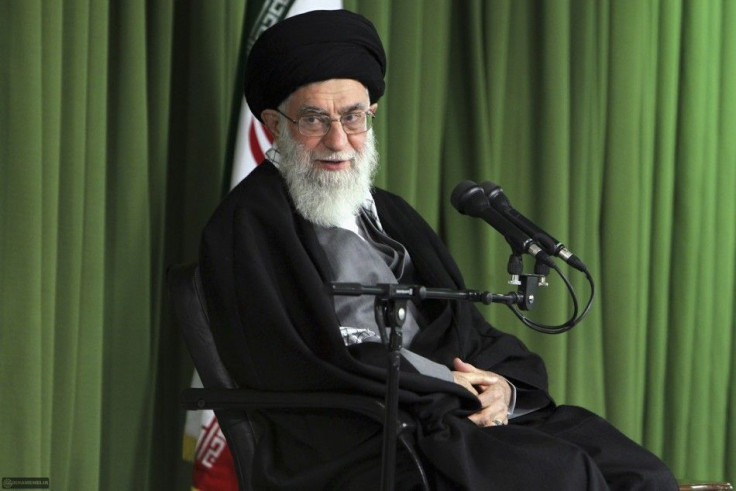U.N. Report Reveals Iran Has Expanded Sensitive Nuclear Work: A Wake up Call for Israel?

A report by the U.N. nuclear agency Friday revealed that Iran has sharply improved its controversial uranium enrichment drive, increasing Israel's fear that the Islamic Republic is pushing ahead with the atomic bomb plans.
In a quarterly report about Iran, the International Atomic Energy Agency (IAEA) detailed its mission to Tehran this week where Iran allegedly failed to respond to allegations of research related to developing nuclear arms.
Iran's failure to make its stand clear against the allegations is considered as a blow to the possible recommencement of diplomatic talks that could help cool down tensions about a new war in the Middle East, Reuters reported.
The Agency continues to have serious concerns regarding possible military dimensions to Iran's nuclear program, IAEA said in a quarterly report about Iran, issued to member states.
According to the White House, the IAEA report confirmed that Iran was violating U.N. Security Council resolutions with its nuclear enrichment program.
Iran had demonstrated through its actions why it had failed to convince the international community that its nuclear program was peaceful, White House National Security Council spokesman Tommy Vietor said in a statement.
The report revealed that Iran had increased the number of centrifuge machines enriching uranium by well over a third since late last year. Uranium is the material that can be used to make atomic bombs if refined much further.
The report further stated that preliminary work to install thousands more centrifuges is under process, which has likely shortened the time needed to make high-grade uranium for nuclear weapons.
However, Tehran has something else to say. According to it, the country's nuclear program is exclusively for civilian purposes.
According to Ali Asghar Soltanieh, Iran's ambassador to the IAEA, the report has vindicated its position and showed that the country's nuclear activity is peaceful. Soltanieh also said that Tehran had no intention of giving up its nuclear march.
The confidential IAEA report further showed that since last November Iran had tripled monthly output of uranium refined to a level that brings it significantly closer to potential bomb material.
The concern is that they are trying to give the impression that they are putting in the capability that could much more quickly make weapon-grade uranium, nuclear proliferation expert David Albright told Reuters.
The IAEA report showed that Iran had expanded activities both at its main enrichment plants near the central city of Natanz and at the Fordow underground site.
At Natanz, Iran had declared that 52 cascades - each containing about 170 centrifuges - were now operating, up from 37 in November last year.
On the other hand, at Fordow about 700 centrifuges are now refining uranium to a fissile concentration of 20 percent and preparations are under way to install more, the IAEA report said.
Iran had produced nearly 110 kg (240 pounds) of uranium enriched to 20 percent since early 2010, the report added.
However, according to experts, for making a nuclear weapon about 250 kg (550 pounds) of uranium is needed.
© Copyright IBTimes 2025. All rights reserved.






















